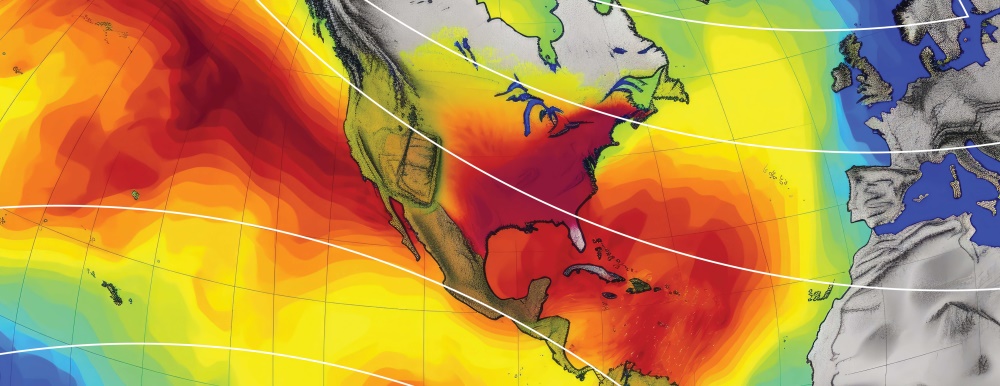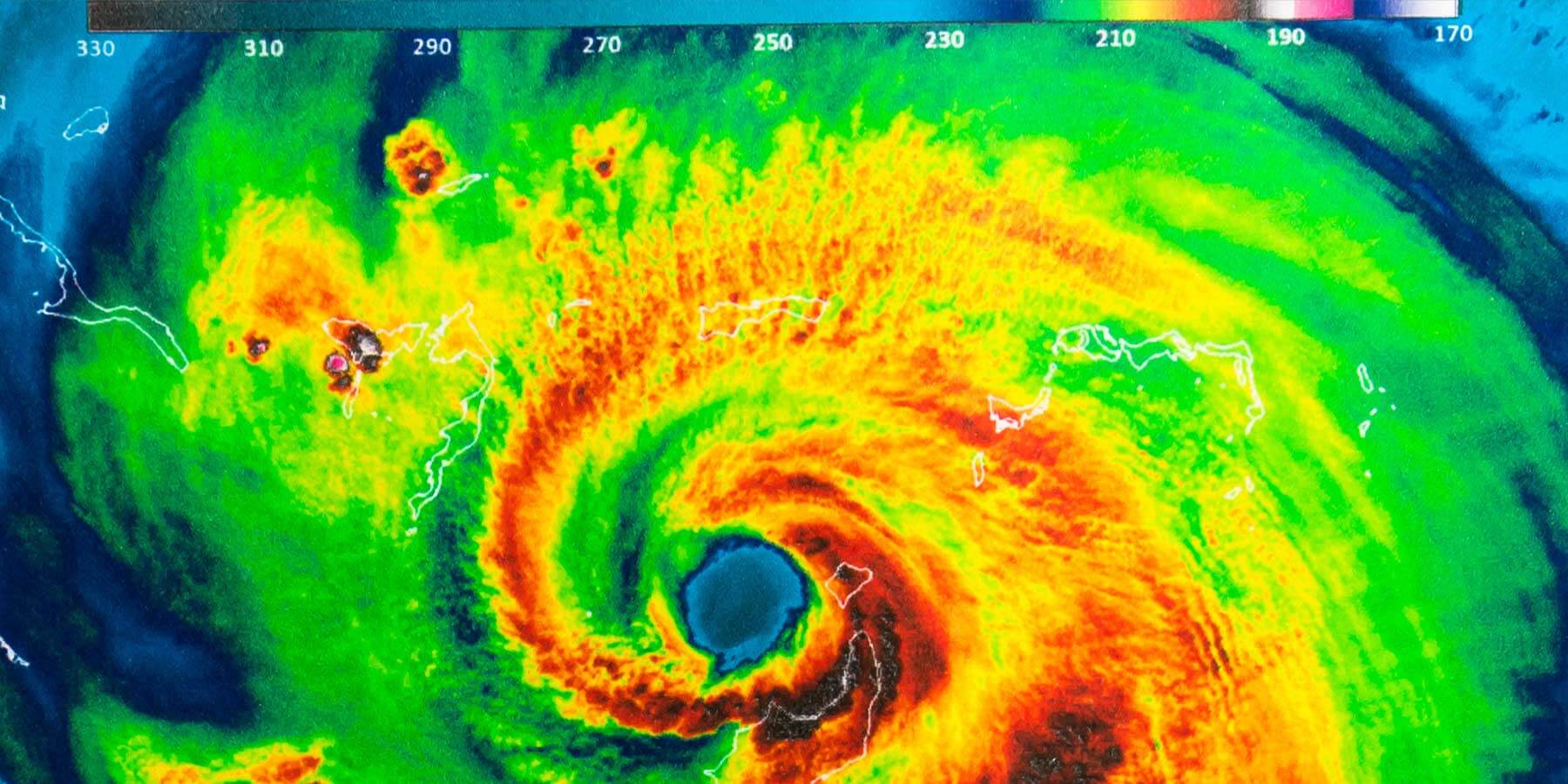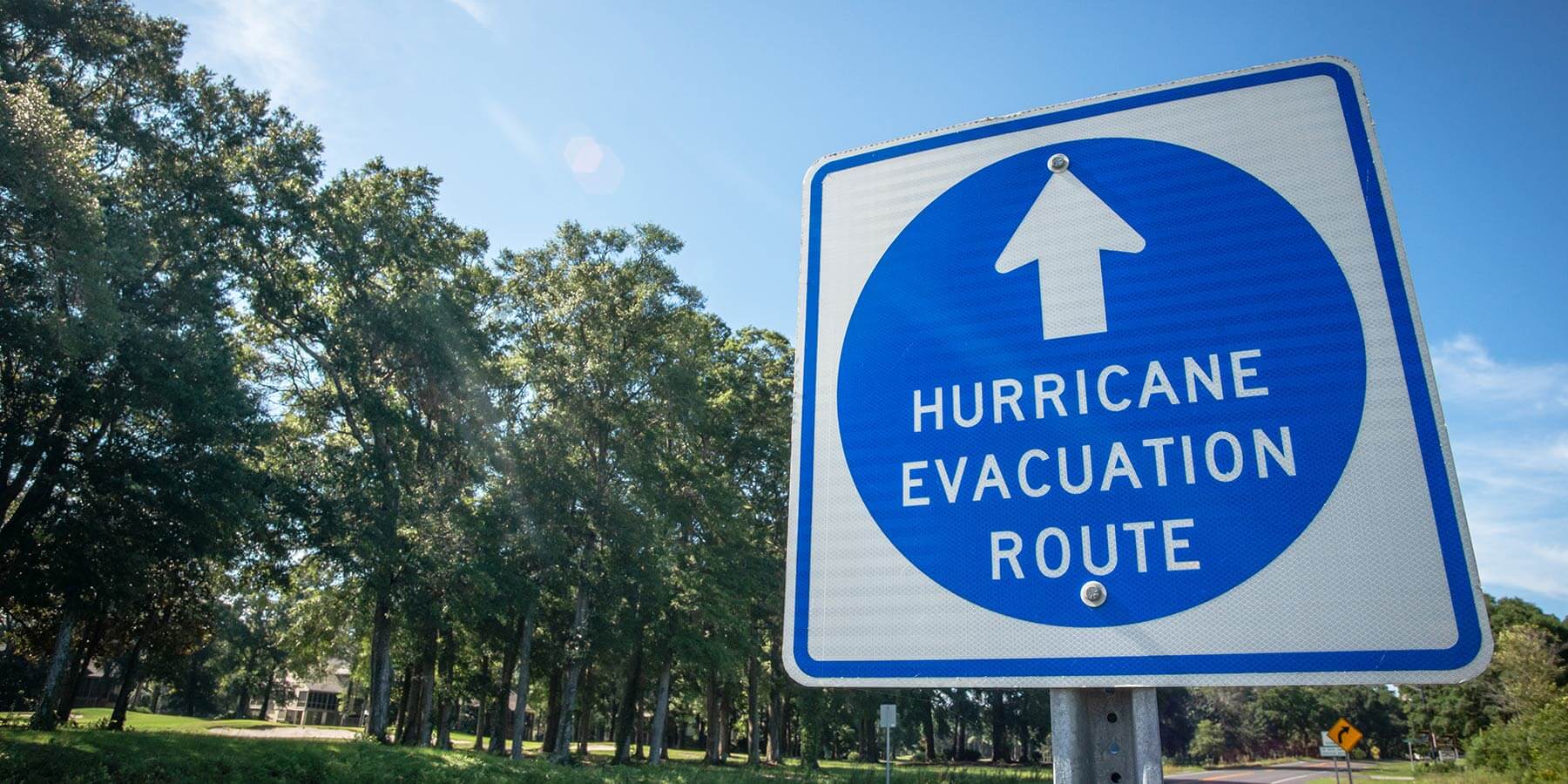Heat waves are hot, hazardous to your health, and on the rise. This steamy weather phenomenon occurs when high atmospheric pressure forces hot air downward and traps it near the ground. This high-pressure system acts like a lock, preventing hot air from rising. Consequently, rain cannot form, and the hot air gets hotter.
According to the World Health Organization (WHO), between 2000 and 2019, approximately 489,000 heat-related deaths occurred each year. The WHO also noted that “between 2000 and 2016, the number of people exposed to heat waves increased by around 125 million.” And heat waves are expected to increase in frequency and intensity.
The Atlantic Council’s Adrienne Arsht-Rockefeller Foundation Resilience Center, along with the Extreme Heat Resilience Alliance, comprised of 30 global partners, is leading an initiative to “tackle the notoriety issue by naming and ranking heat waves” with the hope of raising awareness and helping people be better prepared.
“The naming and ranking of heat waves all over the world by the Extreme Heat Resilience Alliance will, for the first time, convey the true nature of the threat heat poses, essential to protecting vulnerable people who are increasingly more susceptible to its harmful effects,” said Rockefeller Foundation president Dr. Rajiv Shah in a press release.
Pros of Naming Heat Waves
- Awareness and Communication: Giving heat wave names can raise awareness about their severity and potential dangers and help people better understand the risks associated with extreme heat and take appropriate precautions to protect themselves.
- Emergency Response: Naming heat waves can facilitate more effective emergency response efforts. When a heat wave is named, it becomes easier to communicate and coordinate actions among various organizations, including government agencies, public health departments, and emergency management services.
- Media Coverage: Naming heat waves can help the media communicate information about the event more effectively. It provides a distinct and recognizable identity to the heat wave, which can aid in public understanding and engagement with the issue.
- Historical Reference: Naming heat waves would allow for easier historical referencing and comparison. Like hurricanes, tracked and documented over time, named heat waves could be recorded and analyzed to understand patterns, trends, and potential climate change impacts.
- Psychological Impact: Giving heat wave names may enhance the psychological impact and public perception of their severity. It can help convey the situation’s urgency and encourage individuals and communities to take the necessary actions to mitigate heat-related risks. “A heat wave is an abstraction. Abstract ideas are hard to understand and remember, while concrete ideas are easier to understand and remember. Naming something is a good way to make it more concrete,” said Dr. Ed Maibach, director of the Center for Climate Change Communication at George Mason University.
Cons of Naming Heat Waves
Heat waves are generally more predictable and slower-moving events compared to hurricanes. They tend to develop gradually and persist for an extended period, affecting larger geographic regions. While heat waves can pose significant health risks and impact various sectors like agriculture and energy, they lack the same immediate destructive potential as hurricanes.
Heat waves are often a result of large-scale weather patterns and can cover vast areas, making it challenging to associate a specific name with a particular region. Moreover, heat waves can vary in intensity and duration, making establishing a consistent naming convention harder.
Until the National Oceanic and Atmospheric Administration decides to name or not name heat waves, the focus should continue to be on effective communication, public awareness, and preparedness measures to mitigate their harmful impacts. The public should stay tuned to heat advisories, warnings, and safety guidelines from meteorological organizations, public health agencies, and local governments.
As noted in the New York Times, Gina Eosco, a National Oceanic and Atmospheric Administration social scientist who focuses on weather, said more research is needed on how naming affects risk perception and protective action. “We really don’t have a lot of research on the efficacy of naming,” she said.
Discover more heat waves resources, tips and tools at our Heat Resource Center and learn how you can better prepare your community from the severe risks of heat waves.



